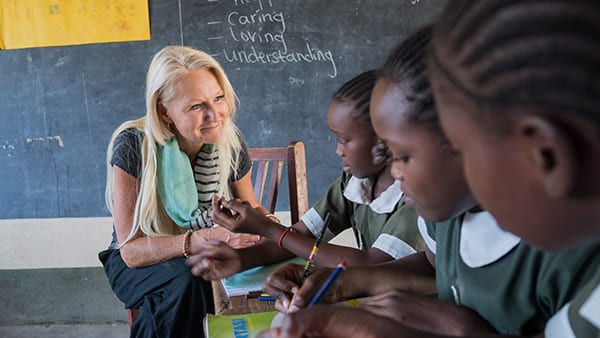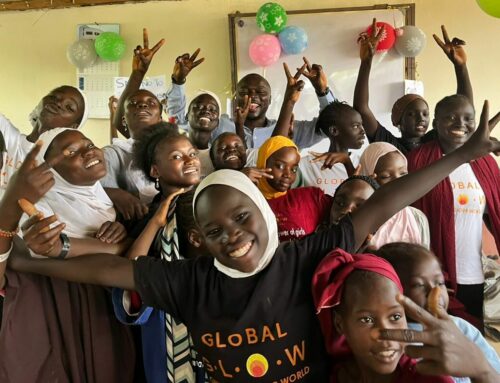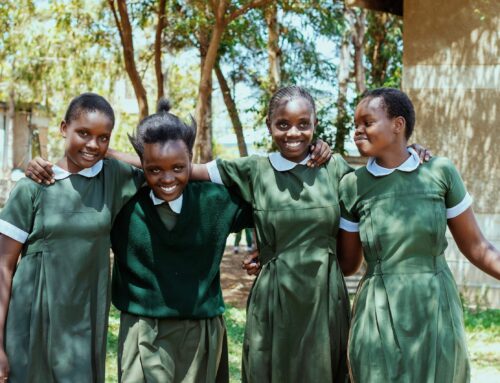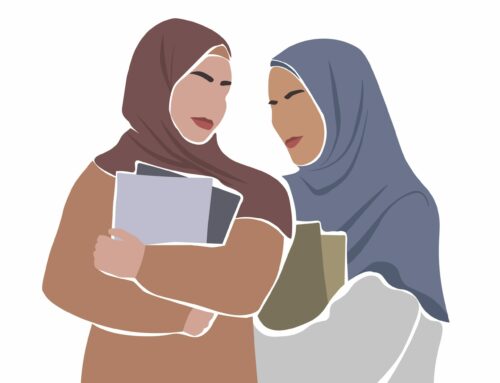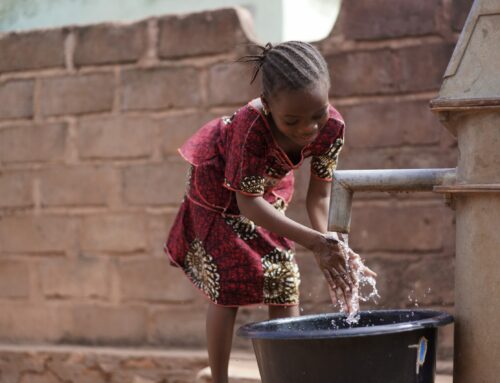Benefits Of Educating Girls In Developing Countries
Many children in the Global South do not have access to primary education. “113 million children of primary school age are still not enrolled in school, 94% of which live in developing countries,” (Glewwe 2006: 948). “Less than one youth in two enters junior secondary school and less than one in four enters senior secondary school,” (Verspoor 2008: 2). There are currently unequal proportions of girls to boys who attend primary school in third world countries. “In Africa, just 46 per cent of girls complete primary school,” (Levine 2006: 129). Men have more opportunities to work and contribute to the economy as they have more opportunities to attend school compared to girls. Girls often have to stay at home for domestic work, while boys are given the opportunity to become educated so they can provide for the family, (Levine 2006: 127).
I chose to explore the topic of educating girls in third world countries after my experience teaching students in South Africa. The school I taught at was sponsored by the Stephen Leacock Foundation. I was amazed to find that many of the students had great dreams and aspirations for the future. The girls especially, were very focused on their studies and seemed committed to their goals. They understood the sacrifices their families had made in order to send them to school and they worked hard to succeed. This opportunity however I discovered, is not the norm. Many students in the developing world do not have the privilege to attend schools such as this one.
Investing in primary education for young girls in third world countries has a significant impact on social and economic development. “There is widespread agreement that the education of girls is one of the most important investments that any developing country can make in its own future,” (Hadden 1996: 1). This paper will address the key issues regarding primary education in third world countries today and the importance of investing in primary education particularly for girls as a means to reduce poverty, improve health and promote economic development. This paper explores the obstacles and benefits to education in third world countries.


